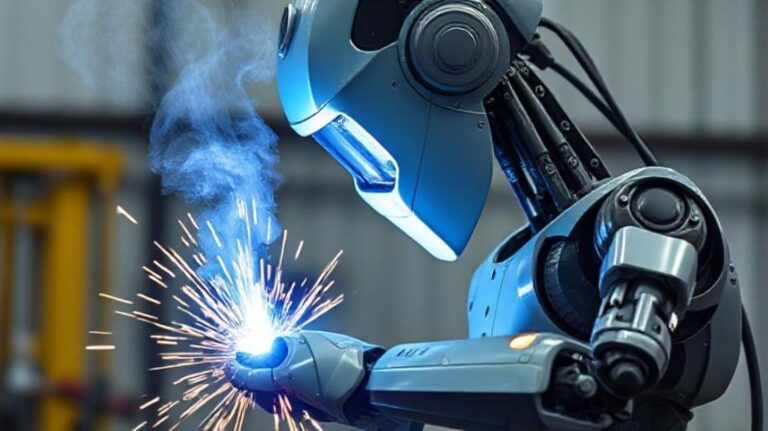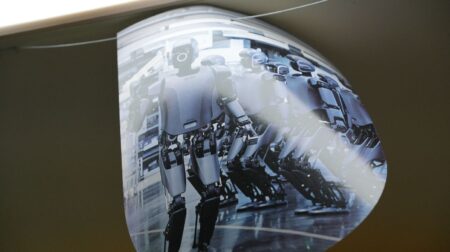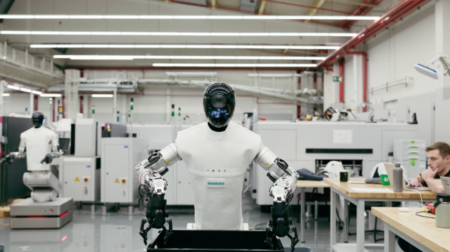A new study from the University of Nottingham has shown that robots could help address the UK’s critical shortage of welders by learning directly from human experts.
The findings, published in the journal Robotics and Computer-Integrated Manufacturing, demonstrate how robotic systems can be trained using real-world human welding techniques and applied to increasingly complex tasks.
READ MORE: Robotic warehouse technology critical to stay ahead of the competition, according to new report
The UK welding sector is facing a growing skills gap, exacerbated by a decline in vocational training and the post-Brexit reduction in skilled labour from the EU.
According to recruitment firm Axiom Personnel, around half of the UK’s welding workforce is expected to retire by 2027, posing serious risks to key industries such as construction, shipbuilding, and aerospace.
In response, researchers investigated whether a robotic welding system could be developed to replicate human-level performance.
The team created a method in which skilled welders perform basic welding tasks, such as drawing straight lines or arcs, while an operation tracking system captures detailed information about their techniques.
Parameters including torch travel speed, arc length, welding angle, current, and wire feed rate are recorded and stored in a digital ‘skills library’. This library allows the robotic system to intelligently combine the learned techniques to perform more complex tasks, such as welding polynomial curves shapes with multiple bends.
To validate the approach, a skilled welder was asked to perform tasks on stainless steel workpieces, with their techniques recorded and used to guide robotic welding processes. Results showed that the robotic welds achieved a quality level comparable to that of an experienced human welder, offering a time and resource efficient alternative.
The researchers believe this human-to-robot skill transfer could play a vital role in tackling the sector’s labour shortages, helping to maintain the UK’s industrial capabilities in the years ahead.
Innovative applications in manufacturing, AI in retail and e-commerce, healthcare and pharmaceuticals, food and beverage, transport & logistics, automotive, and more will be celebrated at the Robotics & Automation Awards on 29 October 2025 at De Vere Grand Connaught Rooms in London. Visit www.roboticsandautomationawards.co.uk to learn more about this unmissable event for the UK’s robotics and automation sectors!









